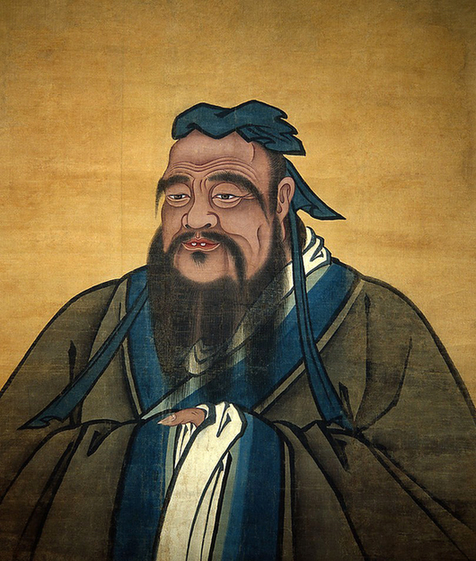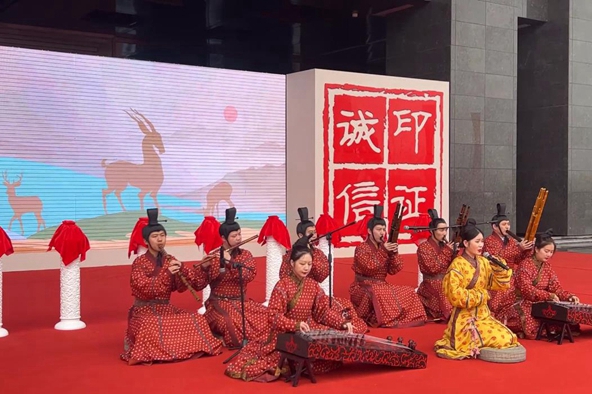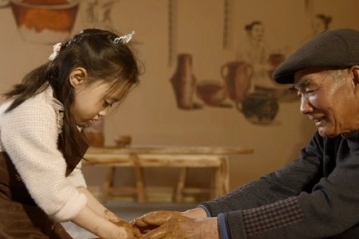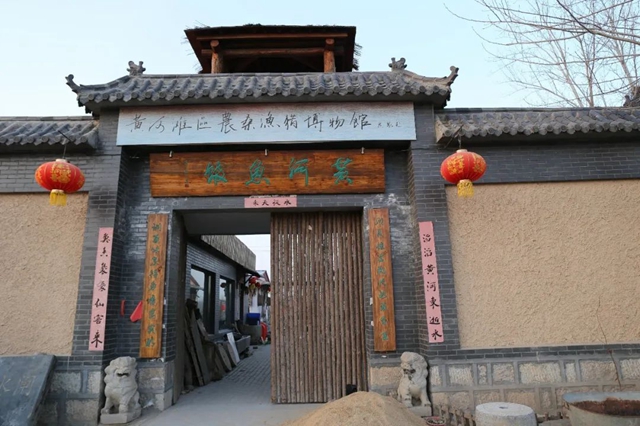Confucius
 |
| Kong Zi [Photo/sdwht.gov.cn] |
Confucius (551–479 BC), or Kong Zi, was a Chinese political figure, philosopher and educator of the Spring and Autumn Period (770-476 BC). He was also the founder of the Confucianism (Ru School) and one of the most well-known cultural celebrities throughout the world.
Confucius' surname is Kong, his given name Qiu, and his social name Zhongni. He lived in the State of Lu, somewhere near the present Nanxin town of Qufu city in Southeastern Shandong province.
He had edited the court chronicle of Lu State, the Spring and Autumn Annals (Chun-qiu), and his teachings, conversations as well as exchanges with his disciples are recorded in the Analects of Confucius (Lun Yu).
Moral Dimension
What was unique about Confucius' ideas was his attempt to add a moral dimension to many accepted ideas, beliefs, and social categories. The major terms are as follows:
1. Shih: Gentleman
The Chinese word translated as gentleman, "Shih", was the term that applied to the lower class of the nobles, the warriors and officials. Confucius added a moral dimension to this term and only used it to apply to people who were worthy moral models.
2. Li: Ritual
The Chinese word for ritual, "Li" was a term used to describe the elaborate rituals and elaborate manners and customs of Chinese nobles. Confucius broadened this concept to incorporate moral propriety. Living up to demands of "Li" now meant doing more than simply following ceremonies by rote, but also doing them with proper reverence. "Li" can mean "proper conduct" in fullest sense.
3. Dao: the Way
Dao of Confucianism is a definition of "the way", differing from that of the Taoism. Confucius believed that a virtuous life would bring people into harmony with the "way" or rather, with the cosmic will of an impersonal heaven.

 Lotus blossoms grace Weishan Lake
Lotus blossoms grace Weishan Lake  Chinese seal culture highlighted at Jining exhibition
Chinese seal culture highlighted at Jining exhibition  Weishan Lake Island
Weishan Lake Island 


